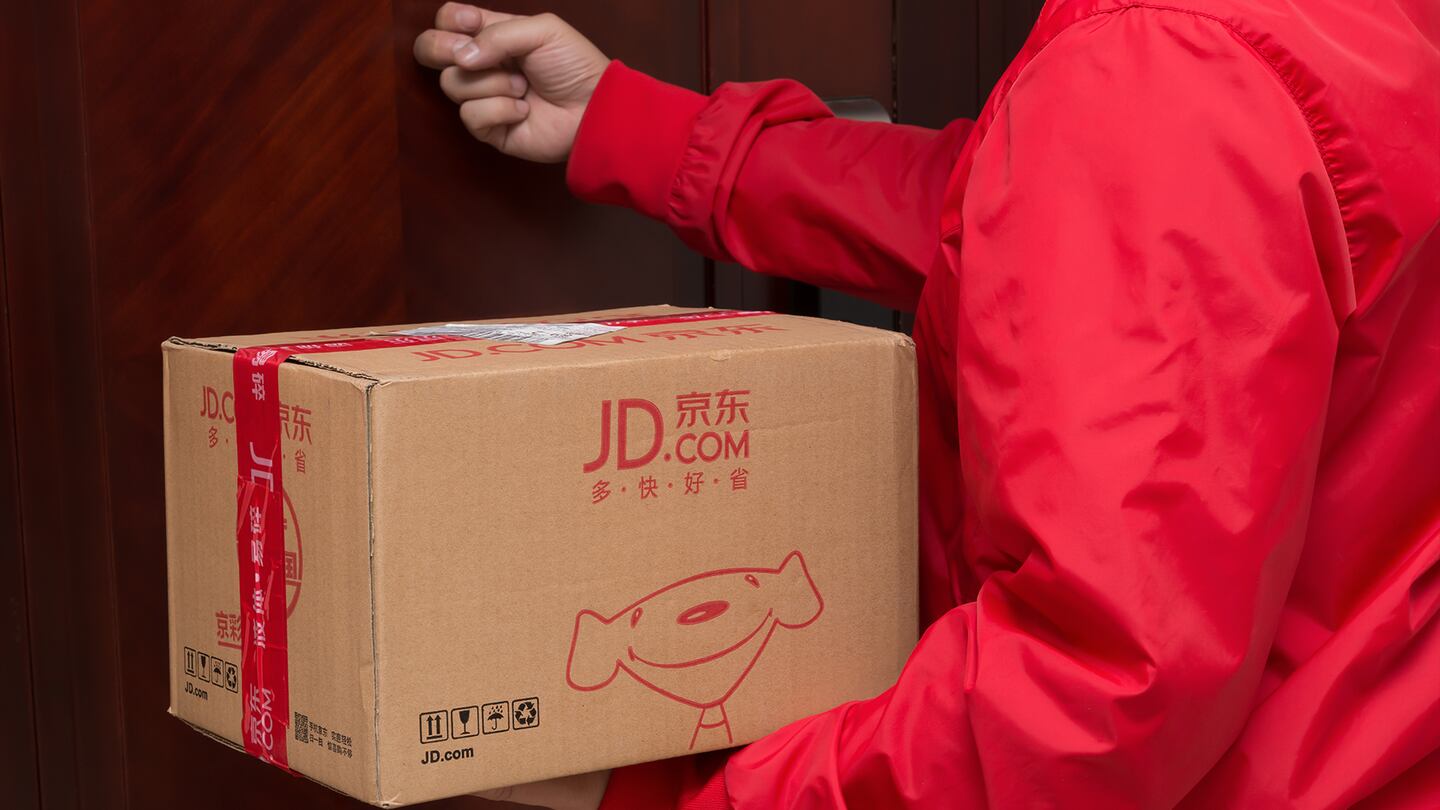
The Business of Fashion
Agenda-setting intelligence, analysis and advice for the global fashion community.

Agenda-setting intelligence, analysis and advice for the global fashion community.

Chinese ride-hailing giant Didi Global Inc has set up a union for its staff while e-commerce powerhouse JD.com has also established one — landmark moves in the country’s tech sector where organised labour is extremely rare.
Regulators in China have come down hard on its biggest technology firms this year, criticising them for policies that exploit workers and infringe on consumer rights in addition to unleashing a slew of anti-trust probes and fines.
The government is also encouraging companies to implement initiatives to share wealth as part of a recent “common prosperity” drive laid out by President Xi Jinping to ease inequality in the world’s second-largest economy.
Didi’s union, announced on an internal forum last month, will be initially managed by employees at its Beijing headquarters and will be guided by the government-backed All China Federation of Trade Unions (ACTFU), said two people familiar with matter. They were not authorised to speak to media and declined to be identified.
ADVERTISEMENT
JD.com established a trade union this week, a newspaper affiliated with the Beijing Federation of Trade Unions said, publishing pictures of the ceremony which was attended by a number of government officials.
JD.com confirmed the news, saying that some of its local units had created unions in past years and the new union — set up at the group level — aimed to coordinate planning and resources.
Didi did not immediately respond to a request for comment.
Didi has been criticised by state media for not paying its drivers fairly and it said in April it would set up a drivers committee to improve income stability and transparency over wages. It is also the subject of an investigation launched by several Chinese regulators on the heels of its $4.4 billion US stock market listing.
Didi and JD.com are believed to be the biggest tech firms to date to have established company-wide unions, though authorities in the county of Shishou in China’s Hubei province said in June that local subsidiaries of Meituan and Alibaba’s Ele.me had established unions.
Meituan and Alibaba did not immediately respond to requests for comment.
The two food delivery firms have come under fire in local media for their treatment of delivery workers, most of whom are not covered by basic social and medical insurance.
In July, the ACFTU and seven other top Chinese government bodies published guidance about safeguarding the rights of gig economy workers and suggested unions could play a role in helping negotiate with firms.
ADVERTISEMENT
All unions in China are required to register with the ACFTU and have largely been confined to sectors such as manufacturing and transport.
The ACFTU’s track record in negotiating better terms for workers has, however, often been criticised.
Aidan Chau, a researcher at the Hong Kong-based China Labour Bulletin, said the country’s unions have rarely directly challenged how companies treat their workers, instead focusing on matters such as alleviating employee grievances and promoting work safety.
China’s top court last month also took aim at the overtime practice of “996”, working 9 a.m. to 9 p.m. six days a week, a policy common among many Chinese technology firms, saying it was illegal.
By Brenda Goh, Yilei Sun, Sophie Yu, Yingzhi Yang and Josh Horwitzi; Editors: Edwina Gibbs and Louise Heavens
Learn more:
How Worried Should Fashion Brands Be About China’s Tech Crackdowns?
Experts say that a slew of new regulations spanning livestreaming, anti-trust and data collection could actually be an opportunity for fashion and beauty brands to reduce their reliance on giants like Alibaba.
BoF Careers provides essential sector insights for fashion's technology and e-commerce professionals this month, to help you decode fashion’s commercial and creative landscape.
The algorithms TikTok relies on for its operations are deemed core to ByteDance overall operations, which would make a sale of the app with algorithms highly unlikely.
The app, owned by TikTok parent company ByteDance, has been promising to help emerging US labels get started selling in China at the same time that TikTok stares down a ban by the US for its ties to China.
Zero10 offers digital solutions through AR mirrors, leveraged in-store and in window displays, to brands like Tommy Hilfiger and Coach. Co-founder and CEO George Yashin discusses the latest advancements in AR and how fashion companies can leverage the technology to boost consumer experiences via retail touchpoints and brand experiences.